Controversial issues
The legacy of the past and its impact on the present, as well as the process of interpretation by which accounts of the past are constructed, mean that many topics studied in history may carry an emotional charge. Certain events or developments may have a particular relevance – or resonance – for some young people and their communities, but carry different overtones (or none at all) for others. This section contains advice and resources for teachers who are tackling potentially sensitive topics that may generate emotionally charged responses and explores the issues that may arise as topics studied in the classroom intersect with personal, family and community histories. The materials here will help teachers to reflect carefully on the appropriateness of their objectives and to develop effective teaching strategies for promoting sensitive and productive kinds of discussion, especially when both the past and its implications for the present are disputed. They highlight the risks involved and the ways in which they can be mitigated, and include guidance and advice related to the Prevent Strategy.
-

Teaching the very recent past
ArticleClick to view -
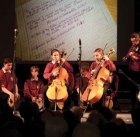
History, music and law: commemorative cross-curricularity
ArticleClick to view -
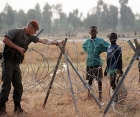
Bringing Rwanda into the classroom
ArticleClick to view -
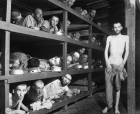
Can we educate Year 9 in genocide prevention?
ArticleClick to view -
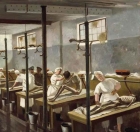
Learning lessons from genocides
ArticleClick to view -

Helping Year 9 debate the purposes of genocide education
ArticleClick to view -

Polychronicon 153: Re-interpreting Liberation: the end of the Holocaust?
ArticleClick to view -

New, Novice or Nervous? 153: Good Enquiry Questions
ArticleClick to view -

An authentic voice: perspectives on the value of listening to survivors of genocide
ArticleClick to view -
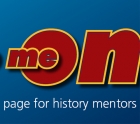
Move Me On 153: Teaching about genocide
ArticleClick to view -

Helping Year 9 evaluate explanations for the Holocaust
ArticleClick to view -

Building an overview of the historic roots of antisemitism
ArticleClick to view -
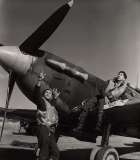
T.E.A.C.H Online
Multipage ArticleClick to view -
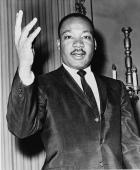
Hidden histories and heroism: post-14 course on multi-cultural Britain since 1945
ArticleClick to view -
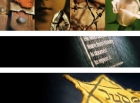
Being historically rigorous with creativity
ArticleClick to view -
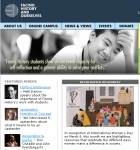
Facing History
ArticleClick to view -

TEACH Statement
4th March 2008Click to view -

The T.E.A.C.H. Project
ArticleClick to view -

The T.E.A.C.H. Report
ArticleClick to view -

Is it time to forget Remembrance?
ArticleClick to view

